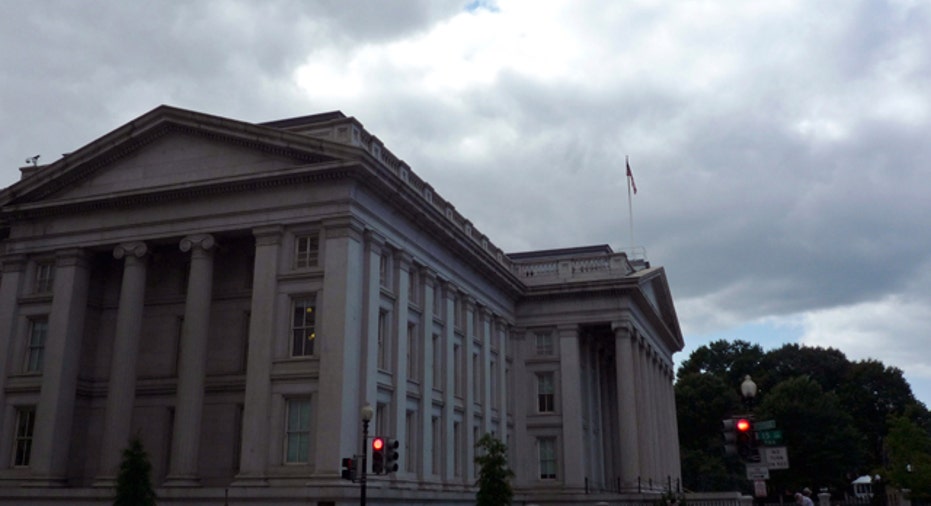U.S. Treasury Presses on with Rule Opposing Serial Tax Inversions

Despite Republican plans to scale back federal regulation next year, the U.S. Treasury is moving to finalize a controversial rule intended to make it harder for American companies to avoid U.S. taxes by redomiciling abroad.
The rule, issued as temporary regulations in April, has been challenged in federal court after it helped scuttle a planned $160 billion merger between Ireland-based Allergan Plc and U.S. drugmaker Pfizer Inc.
Known as the "serial inverter" rule, the regulations aim to prevent non-U.S. companies from engaging in multiple merger deals called tax inversions that allow their U.S. partners to rebase in low-tax countries, if only on paper.
"Treasury continues to work to finalize these regulations," a Treasury spokeswoman said on Monday. The administration finalized another set of anti-inversion regulations last month. Business lobbyists believe the serial inverter rule could be made final before year end.
With Republican Donald Trump in the White House and Republicans in control of both chambers of Congress next year, corporations hope to see regulations rolled back sharply.
House of Representatives Republican leader Kevin McCarthy called on federal agencies this month to stop issuing new regulations. Earlier in the year, House Republicans asked the Treasury not to proceed further with anti-inversion regulations.
(Reporting by David Morgan; Editing by Jonathan Oatis)



















